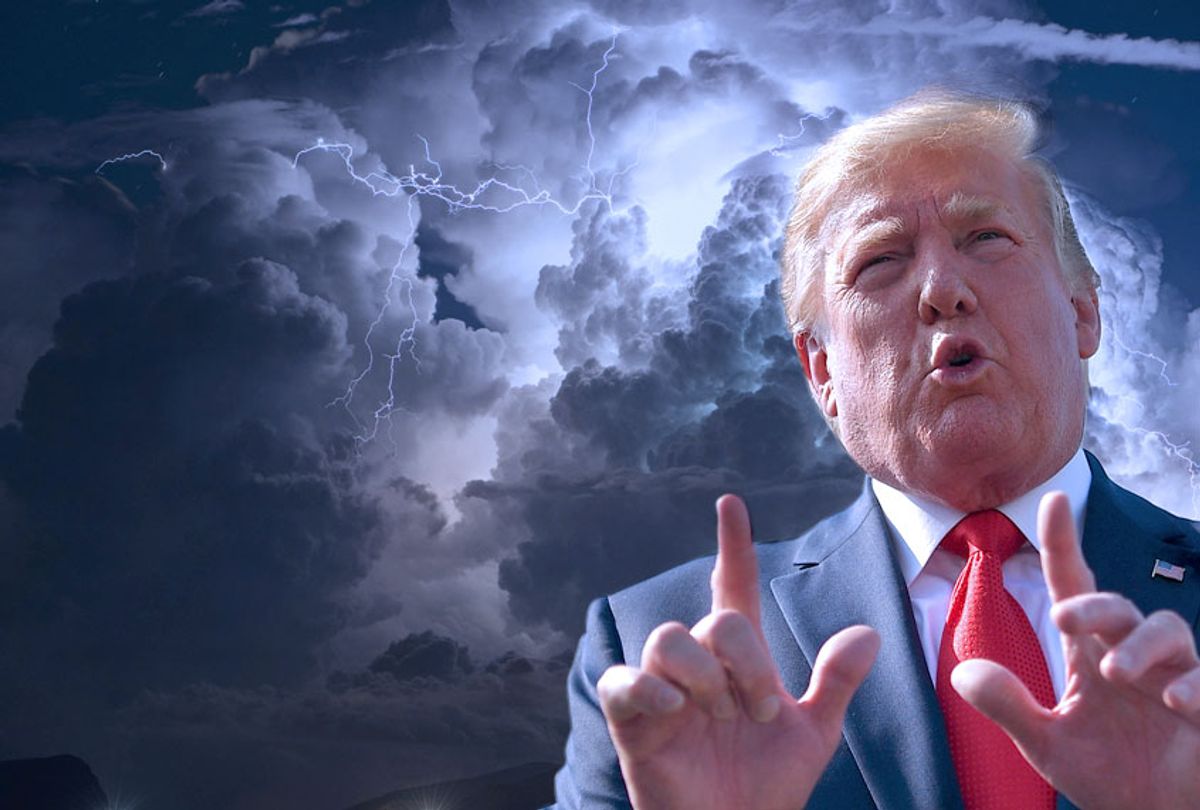President Donald Trump and his Republican allies have claimed that he is essentially the savior of American business, but economist Paul Krugman argued Thursday in a New York Times column that he is, in fact, the exact opposite.
With his trade wars and aggressive deregulatory policy, Trump is creating substantial economic burdens and uncertainty that appear to be creating serious a drag in the economy.
Many have made similar arguments, but the point about the risks of deregulation — which, unlike tariffs and trade wars, we would have expected from any GOP president elected in 2016 — is often missed:
Imagine yourself as the head of a business that plans and expects to be around for a long time. Sure, you’d like to pay less in taxes and not have to comply with costly regulations. But you also want to invest in your company’s future. And to do that, you need some assurance that the rules of the game will be stable, so that whatever investments you make now aren’t suddenly made worthless by future shifts in policy . . .
Business leaders aren’t do-gooders, but they are realists. Most of them understand that climate change is happening, that it’s dangerous, and that we’ll eventually have to transition to a low-emissions economy. They want to spend now to secure their place in that future economy; they know that investments that worsen climate change are bound to be long-run losers. But they’ll hold off on investing in our energy future as long as conspiracy theorists who consider global warming a gigantic hoax — and/or vindictive politicians determined to erase Obama’s achievements — keep rewriting the rules.
Indeed, Krugman noted that, to the surprise of some, fossil fuel companies have opposed Trump’s efforts to roll back Obama-era environmental regulation.
We should be careful here, because “business uncertainty” is a buzzword that is often used to attack progressive policies. President Barack Obama was frequently criticized for supposedly creating uncertainty in his efforts to regulate carbon emissions and other harmful externalities (though in reality, the biggest economic problem during his tenure was a shortfall in demand driven by austerity). But some uncertainty may be worth it if it’s the cost of imposing regulations that are actually good for the country and the world. In this case of deregulation, however, Republicans argue that rolling back rules is good for business; if, in fact, the uncertainty created by the changes actually hurts business, their entire putative purpose is undermined.
Krugman added that uncertainty isn’t actually bad for all business. One type of business doesn’t mind Trump’s antics? Scams:
To be fair, however, some kinds of business do thrive under Trumpism — namely, businesses that aren’t in it for the long run, operations whose strategy is to take the money and run. These are good times for mining companies that rush in to extract whatever they can, leaving a poisoned landscape behind; for real estate speculators sponsoring dubious ventures that take advantage of newly created tax loopholes; for for-profit colleges that leave their students with worthless degrees and crippling debt.
In other words, under Trump it’s springtime for grifters.
Of course, we shouldn’t be too surprised to find ourselves in these conditions, Krugman argued, when we elected the founder of Trump University.




Shares